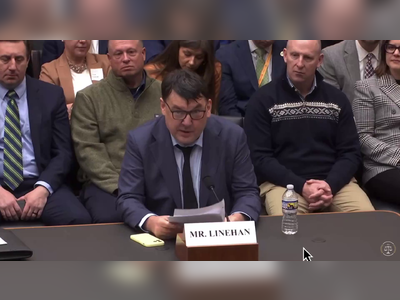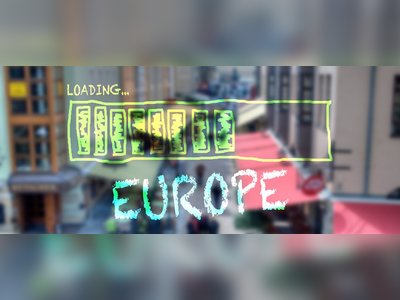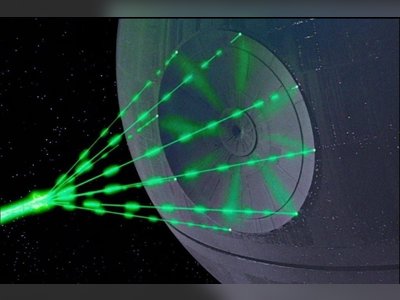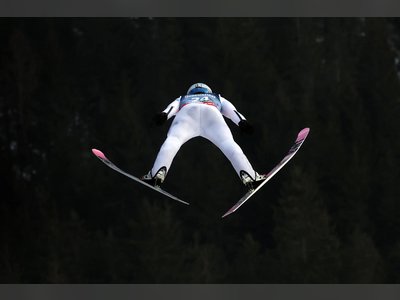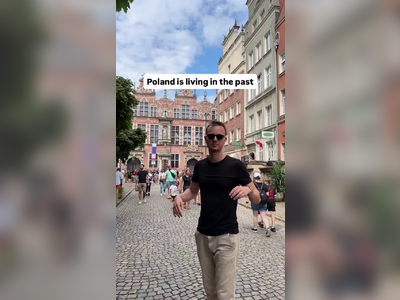The Complex Dance of Diplomacy: Meloni and Orban's Subtle Tensions
Italy and Hungary grapple with shared interests and differing policies in a changing Europe
In a captivating display of political choreography, Giorgia Meloni, Italy's Prime Minister and leader of the Fratelli d'Italia party, recently hosted Hungarian Prime Minister Viktor Orban at Rome's emblematic Palazzo Chigi.
Beneath the cordial exchanges and festive veneer, the meeting highlighted underlying tensions, emblematic of the nuanced dance required in European politics today.
Meloni and Orban, both known for their right-leaning, nationalist rhetoric, stand at a crossroads, an intersection dictated by shared political affinities yet diverging policy strategies.
Italy's geopolitical positioning and Hungary’s distinct political identity shine through when examining two pressing issues: the ongoing war in Ukraine and European migration policies.
On migration, Meloni straddles a fine line, advocating for more stringent European mechanisms while seeking to mitigate the crisis that significantly impacts Italy as a frontline Mediterranean country.
In contrast, Orban remains a staunch critic of the EU's migration framework, emphasizing Hungary's sovereignty and security as paramount.
The Ukrainian crisis further showcases their differences.
While Orban calls for an immediate ceasefire, prioritizing a swift resolution, Meloni aligns with broader European caution, balancing national interests with EU unity and international pressures.
These dynamics unfold against a backdrop of an evolving European Union, with leaders like Ursula von der Leyen striving to maintain cohesion amid ideological rifts.
Meanwhile, the specter of former U.S. President Donald Trump's political maneuvers looms large, influencing conservative circles across Europe and compelling leaders like Meloni to balance traditional alliances with the pragmatism required by European realpolitik.
As the EU grapples with internal discord potentially exacerbated by geopolitical unpredictability, Italy finds itself at a pivotal juncture, balancing its national identity with deeper European integration.
The repercussions of these political choices resonate domestically, influencing Italy's socio-economic fabric in the long term.
History and proverbs, like Italy's own "Tra il dire e il fare c'è di mezzo il mare" (between saying and doing there is a sea in between), remind us that the path to tangible action is often strewn with complexities.
As Italy and Europe navigate these challenges, the future will undoubtedly be shaped by the decisions made in the halls of Rome and beyond.
Beneath the cordial exchanges and festive veneer, the meeting highlighted underlying tensions, emblematic of the nuanced dance required in European politics today.
Meloni and Orban, both known for their right-leaning, nationalist rhetoric, stand at a crossroads, an intersection dictated by shared political affinities yet diverging policy strategies.
Italy's geopolitical positioning and Hungary’s distinct political identity shine through when examining two pressing issues: the ongoing war in Ukraine and European migration policies.
On migration, Meloni straddles a fine line, advocating for more stringent European mechanisms while seeking to mitigate the crisis that significantly impacts Italy as a frontline Mediterranean country.
In contrast, Orban remains a staunch critic of the EU's migration framework, emphasizing Hungary's sovereignty and security as paramount.
The Ukrainian crisis further showcases their differences.
While Orban calls for an immediate ceasefire, prioritizing a swift resolution, Meloni aligns with broader European caution, balancing national interests with EU unity and international pressures.
These dynamics unfold against a backdrop of an evolving European Union, with leaders like Ursula von der Leyen striving to maintain cohesion amid ideological rifts.
Meanwhile, the specter of former U.S. President Donald Trump's political maneuvers looms large, influencing conservative circles across Europe and compelling leaders like Meloni to balance traditional alliances with the pragmatism required by European realpolitik.
As the EU grapples with internal discord potentially exacerbated by geopolitical unpredictability, Italy finds itself at a pivotal juncture, balancing its national identity with deeper European integration.
The repercussions of these political choices resonate domestically, influencing Italy's socio-economic fabric in the long term.
History and proverbs, like Italy's own "Tra il dire e il fare c'è di mezzo il mare" (between saying and doing there is a sea in between), remind us that the path to tangible action is often strewn with complexities.
As Italy and Europe navigate these challenges, the future will undoubtedly be shaped by the decisions made in the halls of Rome and beyond.
AI Disclaimer: An advanced artificial intelligence (AI) system generated the content of this page on its own. This innovative technology conducts extensive research from a variety of reliable sources, performs rigorous fact-checking and verification, cleans up and balances biased or manipulated content, and presents a minimal factual summary that is just enough yet essential for you to function as an informed and educated citizen. Please keep in mind, however, that this system is an evolving technology, and as a result, the article may contain accidental inaccuracies or errors. We urge you to help us improve our site by reporting any inaccuracies you find using the "Contact Us" link at the bottom of this page. Your helpful feedback helps us improve our system and deliver more precise content. When you find an article of interest here, please look for the full and extensive coverage of this topic in traditional news sources, as they are written by professional journalists that we try to support, not replace. We appreciate your understanding and assistance.


